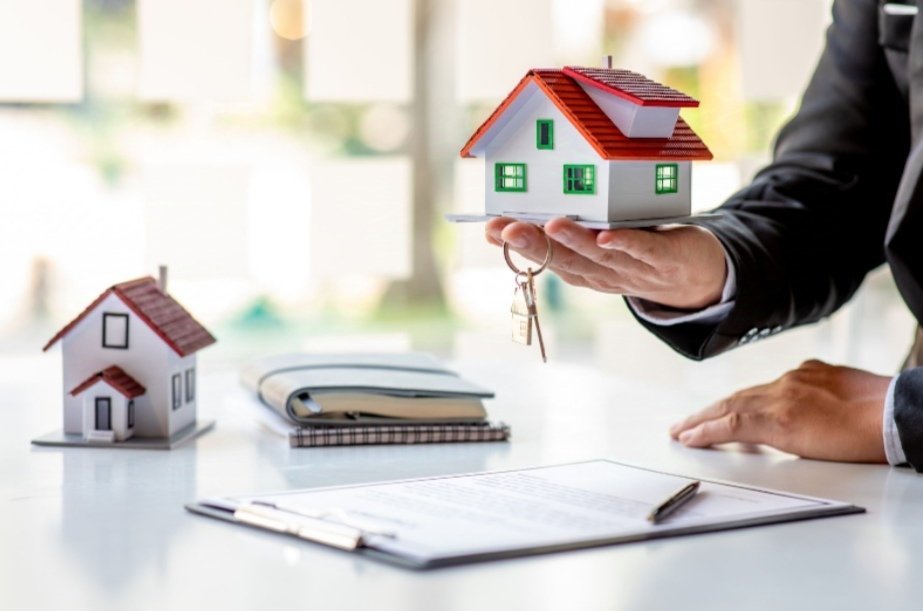Maintaining rental properties is a continuous responsibility that requires more than just responding to tenant complaints or repairing damage as it occurs. One of the best approaches landlords can take is preventive maintenance—a proactive strategy focused on regular inspections, timely upkeep, and forward planning to prevent small issues from turning into costly repairs.
A key part of preventive maintenance includes safety checks such as EICR Testing London, which helps ensure that electrical systems in rental properties meet legal standards and are safe for tenants. This not only supports tenant well-being but also helps landlords stay compliant with UK property regulations.
Lowering the Risk of Expensive Repairs
Preventive maintenance plays a crucial role in identifying and resolving minor problems before they grow into expensive and disruptive issues. For example, a small roof leak may seem insignificant at first, but if left unaddressed, it can lead to significant water damage, mould growth, and even structural problems. By scheduling routine inspections, such issues can be caught and fixed early, saving both time and money in the long run.
Similarly, regular servicing of systems like heating, ventilation, and plumbing helps avoid emergency breakdowns that can be both costly and inconvenient for tenants. The investment in routine maintenance is often far less than the cost of repairing serious damage caused by neglect.
Meeting Safety and Legal Requirements
Landlords in the UK are legally responsible for ensuring that their properties meet certain safety standards. This includes regulations concerning gas safety, electrical safety, and fire safety. Preventive maintenance ensures that these standards are consistently met.
For instance, gas appliances should be inspected annually by a qualified engineer, and smoke alarms must be fitted and regularly tested. These actions are not just about compliance—they also protect the health and safety of tenants.
Electrical systems must also be checked regularly. The government now requires landlords in England to have their electrical installations inspected at least every five years. An Electrical Installation Condition Report (EICR) is part of this process and helps confirm that electrical systems are safe and up to standard.
More information on landlord responsibilities can be found on the UK Government’s official housing website.
Protecting Property Value Over Time
Preventive maintenance helps preserve and even increase the value of a rental property. A well-maintained property is more attractive to prospective tenants, commands better rent, and holds its value in the long term. Regular painting, exterior cleaning, and care for shared areas like gardens or hallways all contribute to the overall appeal of a property.
Moreover, a maintained property is less likely to experience deterioration that could reduce its market value. Flooring, roofing, plumbing, and electrical components all have lifespans that can be significantly extended through regular upkeep.
Improving Tenant Satisfaction and Retention
Tenants who live in well-maintained properties are more likely to renew their leases and treat the property with respect. When tenants feel that their safety and comfort are priorities for the landlord, they tend to be more responsible and cooperative.
Preventive maintenance reduces the frequency of issues that may otherwise disrupt a tenant’s living experience. No one wants to deal with recurring leaks, broken appliances, or heating failures. By addressing potential problems before they occur, landlords provide a better living environment, which in turn leads to higher tenant retention.
In a competitive rental market, properties that are regularly maintained tend to stand out. This not only helps with retaining current tenants but also with attracting new ones.
Avoiding Legal Disputes and Complaints
Neglecting maintenance responsibilities can lead to tenant complaints, housing inspections, and even legal disputes. If a tenant feels that their landlord has failed to maintain the property adequately, they may report the issue to local authorities or take legal action.
Preventive maintenance helps reduce the likelihood of such disputes. Keeping detailed records of all maintenance activities, inspections, and repairs provides evidence of the landlord’s commitment to meeting their obligations. This can be valuable in the event of a disagreement or legal challenge.
Landlords who adopt a structured maintenance schedule are also more likely to pass local authority inspections and avoid fines or enforcement notices.
Planning for Seasonal and Routine Maintenance
Each season brings specific maintenance needs. In the autumn and winter, for example, it’s essential to check heating systems, clear gutters, and ensure that insulation is adequate. Spring and summer offer good opportunities to inspect roofing, repaint exterior walls, and service air conditioning units if present.
Establishing a maintenance calendar helps landlords stay on top of seasonal tasks and avoids last-minute emergencies. It also ensures that resources and contractors can be scheduled efficiently, reducing costs and inconvenience.
Routine tasks such as checking for leaks, testing smoke alarms, and ensuring windows and doors are in good condition can be done at regular intervals throughout the year. This habit of planning and scheduling can make property management far more manageable and predictable.
Conclusion
Preventive maintenance is an essential part of managing rental properties effectively. It protects the physical condition of the property, keeps tenants safe and satisfied, ensures compliance with legal standards, and ultimately saves money in the long term.
By making maintenance a routine rather than a reaction, landlords not only reduce the likelihood of costly repairs and legal issues but also create a better experience for their tenants. Whether it’s inspecting a roof, servicing a boiler, or scheduling necessary safety checks, every step in preventive maintenance contributes to a healthier, more efficient, and more sustainable rental property. If you want to stay updated with posts like this, please follow us on The Inflact.




